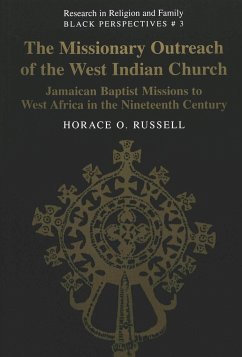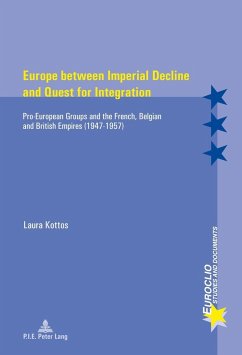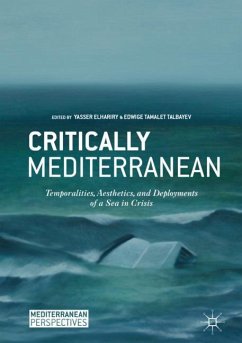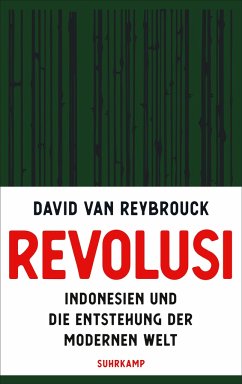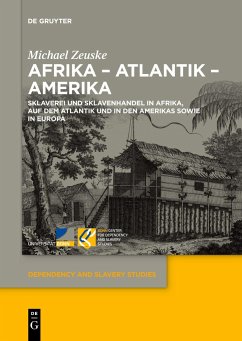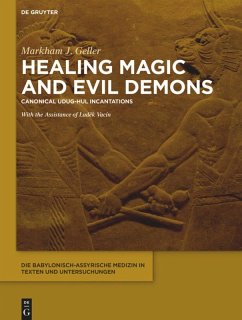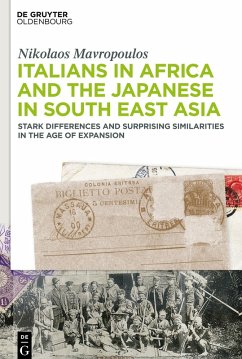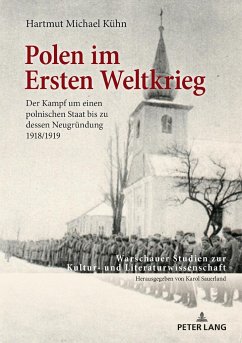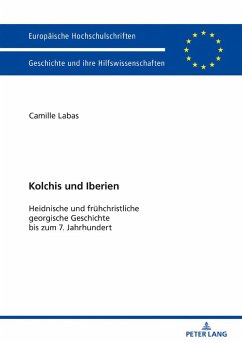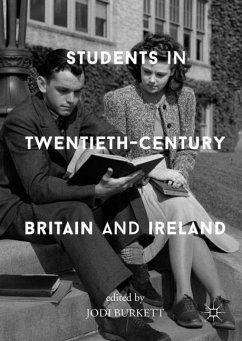
Irish Education and Catholic Emancipation, 1791-1831
The Campaigns of Bishop Doyle and Daniel O'Connell
Versandkostenfrei!
Versandfertig in 6-10 Tagen
66,40 €
inkl. MwSt.
Weitere Ausgaben:

PAYBACK Punkte
0 °P sammeln!
The restrictions applied to Catholics in the early eighteenth century to curtail their political and economic power in Ireland were gradually removed by the British government in response to changing circumstances. By 1800 the remaining restrictions related to membership of Parliament and a few senior judicial positions. The removal of these, while important symbolically, could have direct implications for very few people, given the limited franchise. Yet the campaign for their abolition, known as Catholic emancipation, presented successive British governments with serious problems and led to ...
The restrictions applied to Catholics in the early eighteenth century to curtail their political and economic power in Ireland were gradually removed by the British government in response to changing circumstances. By 1800 the remaining restrictions related to membership of Parliament and a few senior judicial positions. The removal of these, while important symbolically, could have direct implications for very few people, given the limited franchise. Yet the campaign for their abolition, known as Catholic emancipation, presented successive British governments with serious problems and led to one prime ministerial resignation, one government collapse and many crises.
How did Daniel O'Connell use this situation to create a successful mass movement, broadening the emancipation campaign to include the issue of education? How did the area of educational provision become a sectarian battleground, and what part did Bishop James Doyle play in forcing a reluctant government tobecome involved in setting up a state-run education system, a highly unusual step at the time? Does his vision have a message for us now, when school patronage is such a contested issue in Ireland? This book provides an intriguing new perspective on a critical period in Irish history.
How did Daniel O'Connell use this situation to create a successful mass movement, broadening the emancipation campaign to include the issue of education? How did the area of educational provision become a sectarian battleground, and what part did Bishop James Doyle play in forcing a reluctant government tobecome involved in setting up a state-run education system, a highly unusual step at the time? Does his vision have a message for us now, when school patronage is such a contested issue in Ireland? This book provides an intriguing new perspective on a critical period in Irish history.





